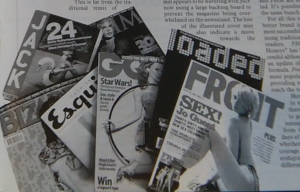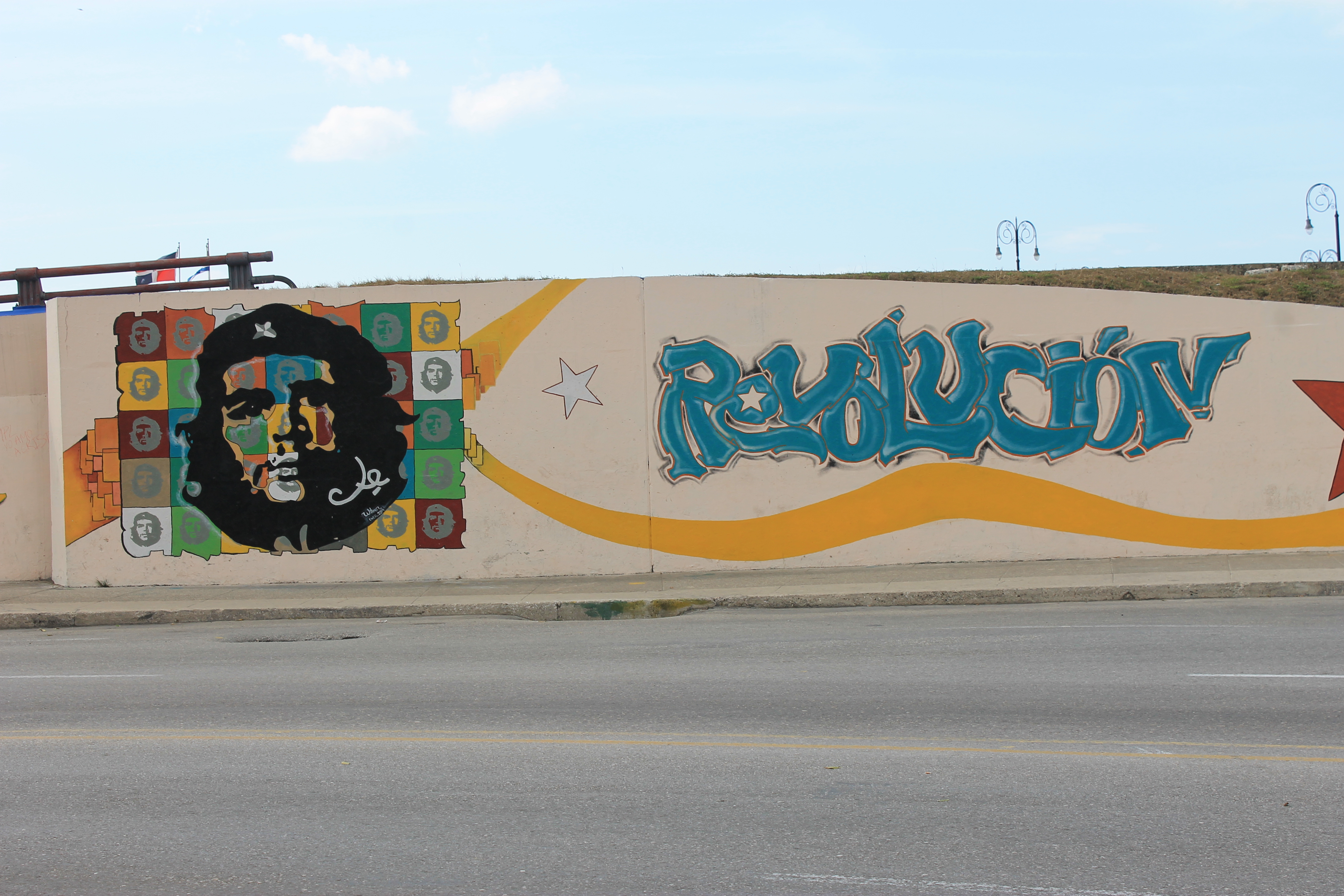
US and Cuban relations may be on the mend, but the Caribbean island still has a long way to go towards press freedom…
Retro cars. Smoking cigars. The cult of Che Guevara. These cliches continue to dominate international perceptions of Cuba. A decades-long trade embargo with the US and its associates has left little opportunity to overturn tired impressions.

It is not just external attitudes to Cuba that are stuck in the mud. Within the Caribbean island freedom of expression is actively discouraged. Press autonomy is non-existent. Journalists who do not toe the line are fired. Some have even chosen to go into exile. National papers, television channels and radio are all controlled by the state’s Revolutionary Orientation Department.
“The government has a slogan – journalists are the weapon of the revolution. Journalists know the rules, they want to work, so they follow the rules” says Arnaldo Hernandez Diaz. He is an Anglo-Cuban journalist with 25 years experience working in Cuban newspapers and television. He left Cuba in 2007 to study an MA in journalism at Cardiff, and has since married in England and continued working here.
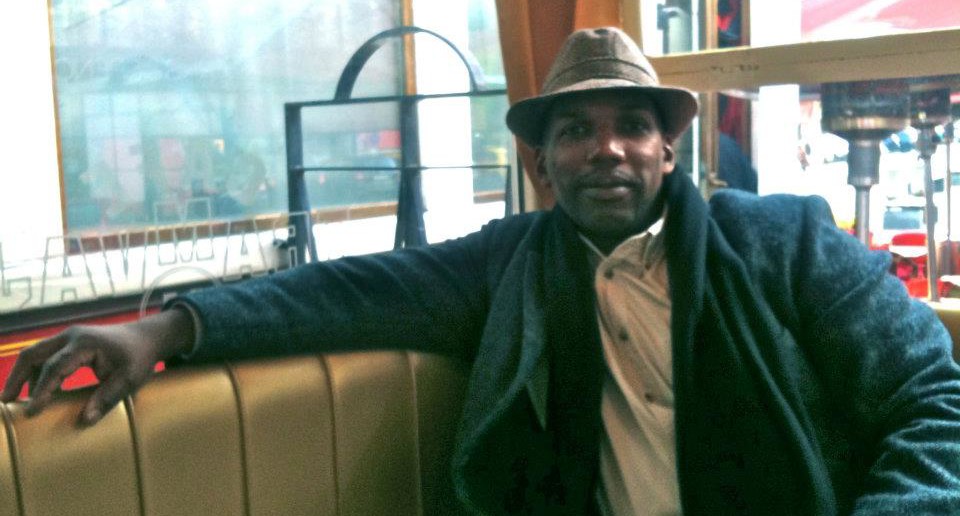
Economic reform
Renewed relations with America at the end of 2014 brought Cubans hope of a brighter economic future. Obama has promised to “cut loose the shackles of the past” and bring the trade embargo to an end.
Increasing freedom for Cubans has been coming into play for the past ten years. In 2006 the system of needing written permission from the government to travel abroad was replaced with a more straightforward visa application. In 2010 Raúl Castro relaxed the laws on private enterprise. This has particularly impacted the tourist industry, with privately owned guest houses, restaurants and taxi services taking off.
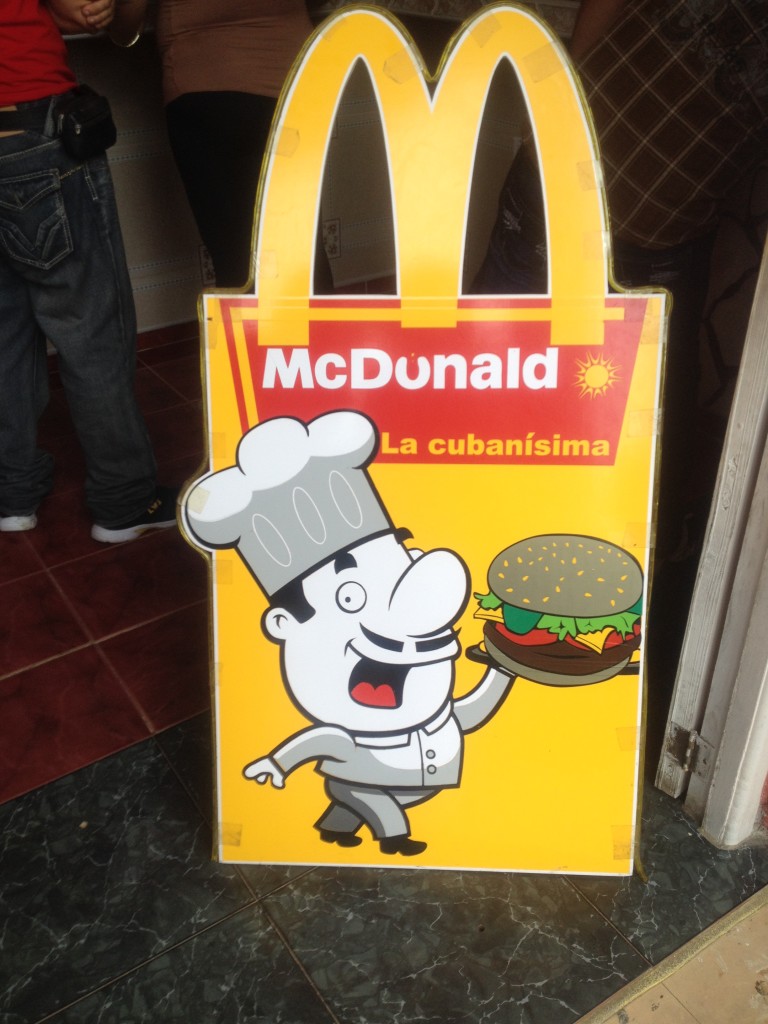
A cuckolded press
Greater economic freedom for Cubans has not led to relaxation of the tight state press control. Hernandez Diaz says: “The national media reflects the government policies, not the views of the people. Its international agenda reflects the communist party. When we broadcast any news about the Palestinian/Israeli problems we always say the Israelis kill Palestinians, never that the Palestinians were attacking Israelis. Hamas is a left wing organisation and the Israeli government is supported by America, and America is still our enemy.
“The local media has more freedom as it treats local problems. You can dig and you can criticise, so people pay more attention to it. It is more advanced and more challenging than national media.”
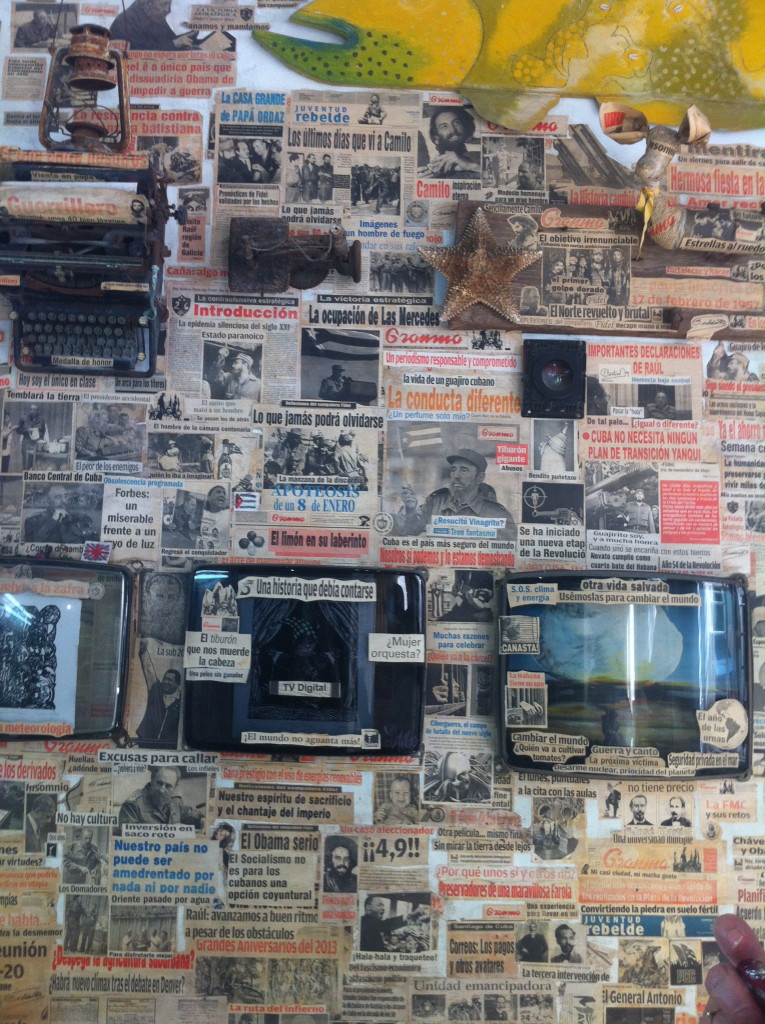
Blogs – weapons of the next revolution?
There are just 5,300 broadband internet accounts on an island with a population of over 11 million. This has not stopped dissident blogs from springing up. Are bloggers the weapons of a new wave of revolution – a Cuban take on the Arab Spring?
Hernandez Diaz says: “In the beginning the government was encouraging journalists to write independent blogs supporting the revolution. Now there are more independent bloggers and even people who work for the proper media in Cuba have their own blogs with a different agenda.”
Blogs (check out Yoani Sanchez and Ivan Garcia) have a limited readership within Cuba due to the expense of using the internet. An hour of access in an internet cafe equals a weekly wage for many. The blogs are therefore largely read by an international audience, reducing the impact they can have on stirring up disruption internally.
In spite of the limited reach of the internet, the government is not letting it go uncensored. Yoani Sanchez has received international acclaim for her Generation Y blog. Obama praised her efforts to “empower fellow Cubans to express themselves through the use of technology.” Her blog has been previously blocked by the Cuban government and she and her husband were arrested (and released) in 2012.
US companies are grappling to infiltrate the Cuban internet. Carrie Gibson, an author who was in Cuba on the day Raúl Castro and Obama announced their plans for improved relations, says: “When I was there it was really hard to get Google to work. Officially tinkering already exists.” Netflix launched a service for Cuba in February, however its success may be muted as it admits: “We are not in contact with the Cuban government on content”.
Fight the power
Low tech solutions are popping up to overcome these hurdles. “Package of the week” comes in the form of a memory stick illegally sold for five Cuban pesos. It enables its users to download information, news, television shows and films onto a computer without the need for internet and without state censorship.
It is an anxious waiting game for freedom of speech advocates in Cuba. Gibson is concerned about the level of long term damage done by the state controlled press: “It’s going to take a long time for it to reform traditional channels of communications. You are dealing with a country where most people have grown up with a one party state and one newspaper. Most people have no experience of anything else.”
Hernandez Diaz perceives the solution to be political. “Change will come from the top down,” he anticipates. “It will be down to the next generation of politicians. But everyone has their own agenda. There is no independent press anywhere, no clear view of everything. Even in your own perception of the world, your experiences interfere.” Whether or not Cubans will be allowed to express their own disparate agendas, time will tell.


